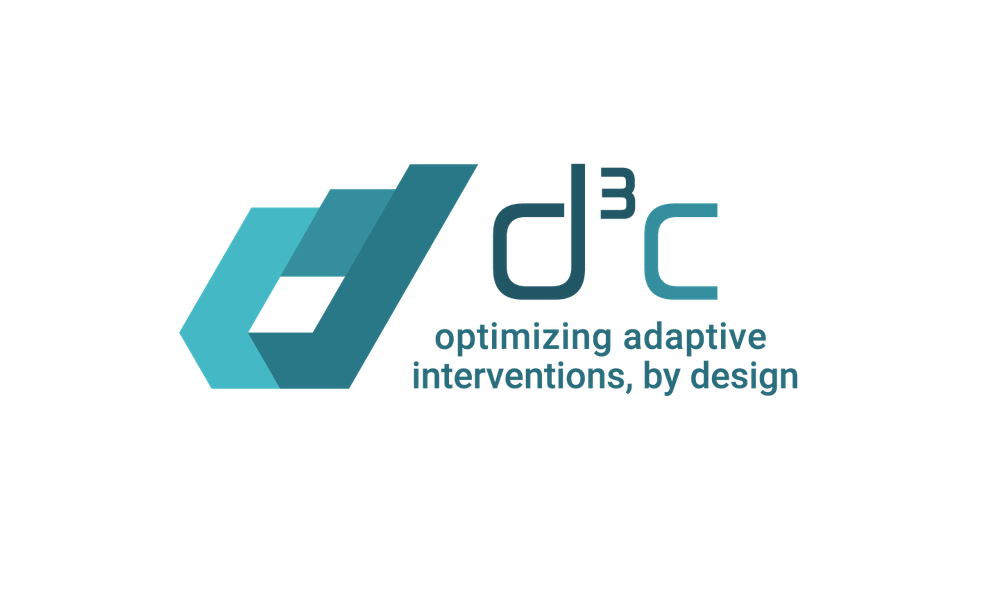Improving Student Mental Health: Adaptive Implementation of School-based CBT
Improving Student Mental Health: Adaptive Implementation of School-based CBT
Mood and anxiety disorders affect 20-30% of school age youth, leading to poor developmental and academic outcomes. Psychosocial evidence-based practices such as cognitive behavioral therapy (CBT), can improve outcomes in these disorders, but numerous barriers limit access. Students access mental health services at schools more than in other community settings, yet school professionals (SPs, e.g., counselors, social-workers) report inadequate training and ability to deliver CBT. Efficient and successful implementation of CBT in schools requires scientific study of implementation strategies designed to optimize uptake and proper use of CBT, addressing provider, organizational, and community barriers. Replicating Effective Programs (REP), Coaching, and Facilitation have been previously established, but vary in intensity and underlying theoretical origin. REP combines customized intervention packaging, didactic training, and brief technical support. Coaching involves extension of didactic training via live supervision. Facilitation involves mentoring of providers in strategic thinking to promote self-efficacy in championing use of effective practices. Coaching and Facilitation can be expensive and may be unnecessary for early adopters. A better approach is an adaptive implementation strategy whereby subsequently more intensive implementation interventions are provided to only those that require additional assistance. The primary aim of this study is to compare the effectiveness of two adaptive implementation strategies on the frequency of CBT delivered to students by SPs (primary outcome) and on student mood and anxiety symptoms (secondary outcomes). Strategy one provides all SPs in all schools with REP + Coaching for Phase 1 and subsequently provides Facilitation for schools in need of additional assistance in Phase 2; while strategy two provides only REP (control). Secondary aims include determining moderators of implementation effects (e.g., region, SP professional background), determining the cost-effectiveness of augmenting REP with Coaching and/or Facilitation, and identifying the mechanisms by which Coaching or Facilitation improve CBT use among SPs and impact student mental health outcomes. Web-based mobile apps will facilitate data collection from SPs and students. In this five-year study, we will conduct a novel sequential multiple assignment randomized trial (SMART) Type III hybrid implementation trial across a network of schools in all 83 counties in Michigan, involving over 100 schools, 200 SPs, and over 1000 students. This will be the first study to test implementation of an empirically proven practice (CBT) for school-age youth, at a statewide level, delivered by non-clinical staff, taking the treatment to populations with limited access. The proposal addresses two national health priorities: 1) reducing the mental health care and provider capacity gap affecting school-age youth, and 2) enhancing the knowledge base of implementation science in community settings, as well as updated NIMH strategic objective 4: strengthening the public health impact of research through community partnerships (4.2) and implementation strategies (4.3).

Principal Investigator
Key Collaborators
Daniel Almirall (Direct Sponsor: UM Dept of Psychiatry; PI: Amy Kilbourne)
Funding Source
National Institutes of Health (NIH) – R01 MH114203 01